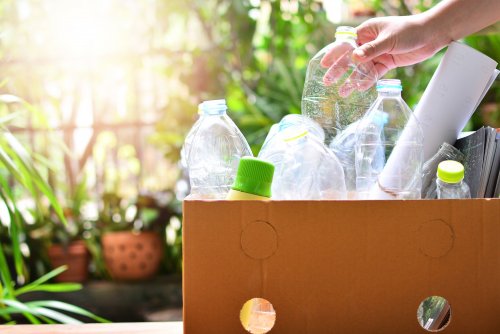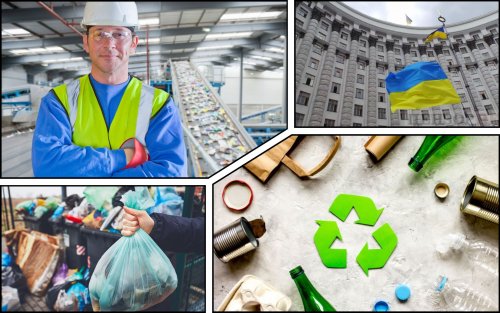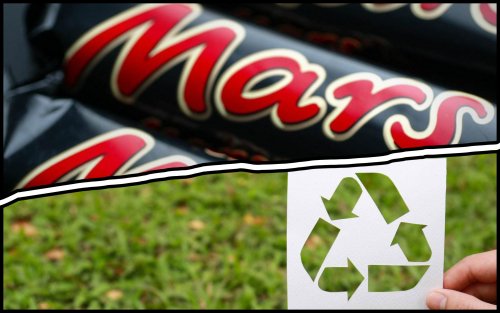A report by the environmental group Oceana found that the world's largest Internet company, Amazon, generated more than 97 million kilograms of plastic packaging waste in 2021, enough to wrap the Earth more than 800 times.
Although Amazon claims that the company has reduced the use of single-use plastic in its network, a study by environmentalists shows an increase in such waste by 18%, reports Terrace Standard.
Amazon said the company was able to reduce the average weight of plastic in a shipment by more than 7%, but did not disclose whether its overall plastic footprint grew between 2020 and 2021, when sales boomed due to the pandemic.
"While we are making progress, we are not satisfied," the company said in a blog post.
The article noted that for years, human rights activists have been pushing for the company to release more data about its plastic footprint and commit to reducing any harmful environmental impact it may cause. The idea has come up for a vote at Amazon's annual shareholder meeting twice in the past two years. The last vote, which took place in May 2022, received the support of 48% of shareholders.
Matt Littlejohn, Oceana's senior vice president of strategic initiatives, said it's good that Amazon has released some data, but the numbers released don't tell the whole story.
The company's total figures take into account the plastic used in deliveries Amazon makes through its warehouses and other parts of its business, such as Whole Foods and Amazon Fresh, but exclude plastic from the platform's 2 million third-party sellers.
The company said Amazon offers incentives to get third-party sellers to ship products to customers in the manufacturer's original packaging instead of using additional packaging.
Earlier, EcoPolitic wrote, that in a new Greenpeace report Circular Claims Fall Flat Again stated that plastic recycling is a dead-end strategy, because every year the amount of plastic waste is increasing, recycling is decreasing, and most of the waste cannot be recycled.
As EcoPolitic previously reported, Egyptian eco-activists built the largest in the world near Cairo pyramid of plastic waste, using 18 tons of trash fished from the Nile River.





